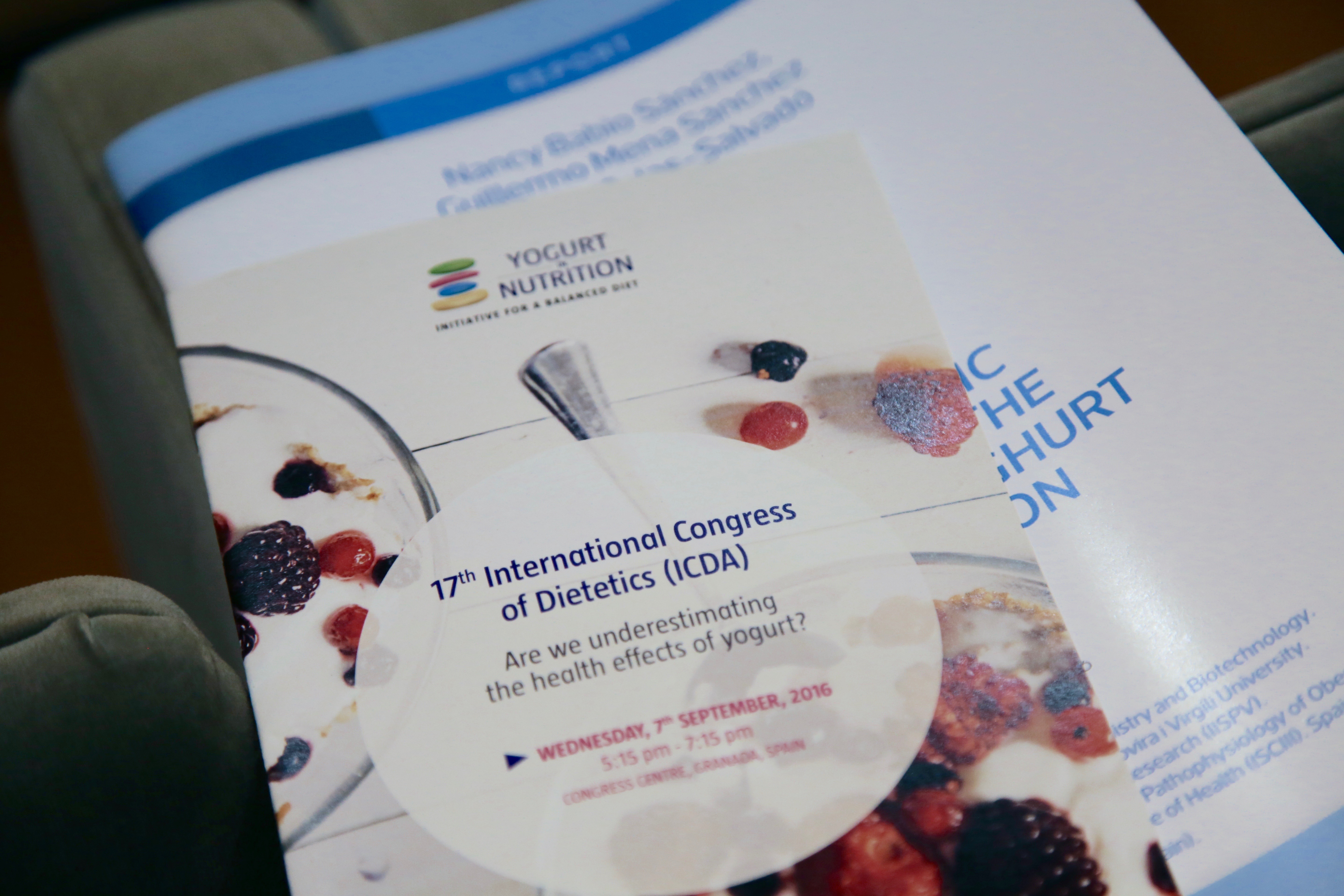What about yogurt in sustainable diets ?
Adam Drewnowski, University of Washington in Seattle (USA), explained to us how yogurt may take care of our health and the health of our planet.*
What exactly do we mean by « sustainable food »?
There are many different views as to what constitutes a « sustainable » food system, and what falls within the scope of the term « sustainability ». Strictly speaking, sustainability implies the use of resources at rates that do not exceed the capacity of the Earth to replace them. For food, the definition of sustainable nutrition security comprises four major domains: health, economics, society and the environment. Sustainable foods and – by extension –sustainable diets need to be nutritionally adequate, healthy and safe, economically affordable, culturally acceptable and sparing of biodiversity and ecosystems, including environmental resources, such as land, water and air.
According to Adam Drewnowski, it is also important to understand that nutritional value is an integral component of sustainability. Low carbon footprint is of little use, when the food has minimal nutritional value. Sustainable foods need to be nutrient-rich.
Yogurt is affordable and nutrient-rich
Dairy products, including yogurt, provide significantly more nutrients than calories. As a source of bone building lacto-nutrients, notably calcium, yogurt may be qualified as a nutrient-rich and a low energy-dense food. In nutrient profiling models, the highest nutrient-density scores are awarded to unsweetened and low-saturated fat yogurts. New metrics of affordable nutrition have also confirmed that yogurts and dairy products are the lowest-cost sources of dietary calcium and a very affordable source of high quality protein.
The supporting evidence on nutrient-density and the low-cost of dairy products, initially based on data from the US and France, has been expanded to include countries, such as Mexico and Turkey. Yogurt is part of the recommended snacks to be consumed daily by children in schools in Turkey.
A balance between carbon footprint and nutritional value
The land, water and energy use by dairy farmers is a separate area of research. Yes, dairy products, like yogurt, have a higher carbon footprint per calories than grains, oils, and sweets do. But this disadvantage is largely outweighed by their nutritional intake per calories. In addition, several studies have linked yogurt to improved long-term health outcomes (type 2 diabetes, hypertension, weight gain over time, lactose intolerance…) and regular yogurt consumption is associated with a healthy diet and lifestyle.
This is not true at all for sugar, for example. This plant food has the lowest land, water and carbon footprint per calorie… Nevertheless, since 2015, the WHO encouraged people to consume less than 10% of their total daily calories from free sugars… The recommendations are based on analysis of the latest scientific evidence. This evidence shows that adults, who consume less sugars, have a lower body weight and, secondly, that increasing the amount of sugars in the diet is associated with a comparable weight increase. This is why the definition of sustainable foods has to include nutritional value and impact on populations’ health, concludes Drewnowski.
Highlights
- Sustainable foods need to be affordable, acceptable and nutrient rich
- Yogurt is a nutrient-rich and a low energy-dense food
- Yogurt and dairy are the lowest cost source of dietary calcium and a very affordable source of high quality protein
- The nutritional value of yogurt per calorie outweighs its carbon foot print



